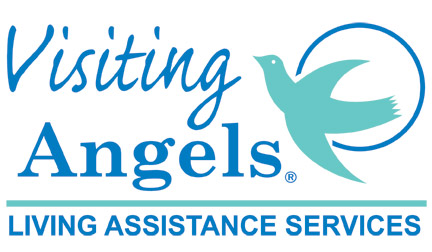Losses for Our Elderly
According to a study commissioned by Clarity and The Fear Foundation, entitled Aging in Place in America, "Senior citizens fear moving into a nursing home and losing their independence more than they fear death." For example, "Death was cited as the greatest fear for just 3% of seniors."
When we consider our elderly citizens we often think they can handle nearly anything, primarily due to the fact that they have lived so long and experienced so much. Well, to some degree, part of that statement is true – they have experienced so much loss. Yet, that wealth of experience, even though offering much learning, also presents a very real amount of loss that our elderly often find overwhelming; especially when it comes to grief and depression.
Kathleen C. Buckwalter, Professor of Nursing at the University of Iowa College of Nursing, states "The elderly are less likely to cope as well as young people because of the added years of meaning behind the loss, and the fewer years with which to move on."
As we age, all those life experiences and the many, many years of living, offer little hope for successfully coping with the most recent losses, such as the death of a spouse or close friend, the voluntary or involuntary nullification of one's driver's license, moving from one's primary home, etc.
Again, as we age, significant life changes are more and more likely to occur – just part of life. With those life changes come greater opportunities to experience grief and depression. This doesn't mean all older citizens will be depressed or experience significant grief at some point in their later years, however it does offer a greater potential for grief and depression.
The aging process, in general, works at preparing us for loss by exposing us to issues that involve our social, physical, and psychological make-up. For example, www.helpguide.org in a recent article entitled Depression in Older Adults and the Elderly, lists the following causes and risk factors that could lead to depression/grief in older adults:
- Health problems – illness and disability, chronic or severe pain, cognitive decline, damage to body image due to surgery or disease
- Loneliness and isolation – living alone, a dwindling social circle due to deaths or relocation, decreased mobility due to illness or loss of driving privileges
- Reduced sense of purpose – feelings of purposelessness or loss of identity due to retirement or physical limitations on activities
- Fears – fear of death or dying, anxiety over financial problems or health issues
- Recent bereavement – death of friends, family members, and pets; the loss of a spouse or partner
A number of facts come into play when considering how our elder folks view their aging world (from www.marketingcharts.com, November 12, 2007):
- 89% of seniors want to age in place
- 53% are concerned about their ability to do so
- Half of seniors are open to some sort of new technology to enable more independence
With so many seniors wanting to remain at home and deal with their losses in familiar surroundings, Professor Buckwalter suggests the following general ideas to assist our elders in coping with these inevitable losses:
- Give them a sense of choice and mastery over their environment and lives
- Offer pre-retirement counseling, activity planning, and volunteer work to reduce the potential for identity crisis
- Help the adjustments to losses go more smoothly by asking your elder how they feel about the loss (listening can offer comfort and support)
Developing strong relationships with our elder folks is a good beginning to helping them get through the losses that will eventually come their way. Life doesn't get easier as we age, but it doesn't have to more difficult. You can make a difference!
|
|
|
